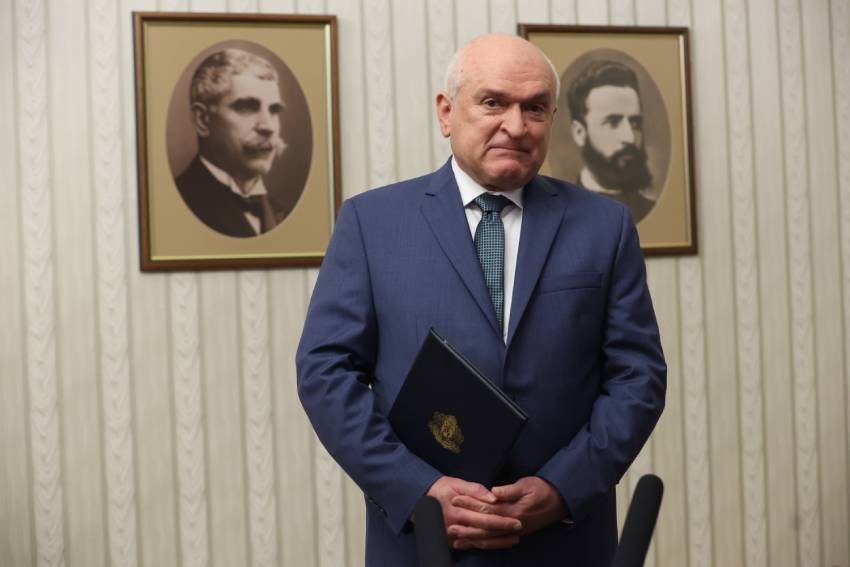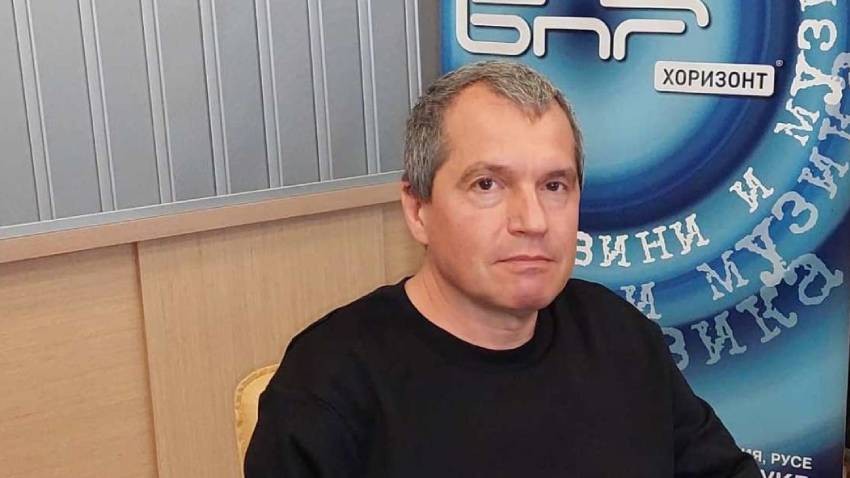Bulgaria is on the road to the sixth early parliamentary elections within three years. This became clear after all three mandates to form a government were returned to the president unfulfilled.
Until recently, the following lines would have read that the president had already held talks with people he had chosen and who agreed to take over power, organize and hold the early elections. With the changes in the basic law of the Republic of Bulgaria, adopted at the end of the past year, however, the circle of persons whom the president can choose an acting prime minister from was severely limited and the parliament continues to work without interruption until the swearing-in of the newly elected national representatives.

Among the potential contenders for the position of head of the executive power "the only one who agreed to take this responsible task", as the president said, was the chairman of the National Audit Office, Dimitar Glavchev. He has a week to present the composition of the government to the president and the head of state has assured him that he would not interfere in the selection of ministers.
The caretaker prime minister indicated that he will work so that the elections are held together with the European ones, scheduled for June 9. The outgoing Prime Minister Nikolai Denkov has already stated that he is ready to help Glavchev and will not withdraw the deputy ministers, but will let him decide whom he would work with.
Dimitar Glavchev is the caretaker prime minister of the 'assemblage' of ruling parties, chairman of the parliamentary group of ITN, Toshko Yordanov said.

"PP-DB and GERB have a caretaker prime minister because they changed the Constitution. By changing it, they also changed the way in which the caretaker cabinet is appointed. Out of fear, they curtailed the powers of the president and provided him with a list of ten people, with the clear consciousness that at this moment they are all related to GERB. President Rumen Radev received a list and there is no option to choose someone else. Mr. Glavchev became the chairman of the Audit Office during the work of this parliament and with the votes of PP-DB. They delegated rights to him. They gave Glavchev this opportunity, put him on this list and obliged President Radev to choose from several people, including Dimitar Glavchev. They have a prime minister and should stop complaining."
Could there be doubts that a government headed by a person from GERB might not be very objective in conducting the elections? Political analyst Georgi Harizanov says he sees no such a risk:

"Nothing gives grounds for such claims. Neither the period in which the bright political figure from GERB - President Rosen Plevneliev, appointed a caretaker government, nor after that,” the analyst points out. “On the contrary, if we have to see where the threat of politicization of caretaker governments is, the last one to allow this, ‘gifted’ us with PP. So, if anyone is to be suspected of being inclined to use the power of the caretaker government for political purposes and not simply for serving society until elections are held, the addressee of such concerns is certainly not GERB."
Harizanov drew attention to the imperfections in the procedure for determining a caretaker prime minister, adopted with the amendments to the Constitution.
"This version of the Constitution does not exclude problems. For example, if the figure of the caretaker prime minister was not a dialogic technocrat, such as Dimitar Glavchev, but a person who had political ambitions, then we would fall into a vacuum where there is a prime minister appointed but the president refuses to confirm the composition of the caretaker government, which is a perfectly possible hypothesis. In such a case we would be in the strange situation of a new prime minister chairing the meeting of the old government, as the old ministers continue to be there."
Compiled by: Yoan Kolev
Publication in English: Al. Markov
Photos: BTA, BNR
On February 15 and 16, the Bulgarian Socialist Party (BSP) is holding its 51st Congress. Interim Chairman Atanas Zafirov is expected to present a report on the past period. The delegates are also expected to vote on amendments to the party's statute,..
Europe must become powerful again. This was stated by MEP Sandro Gozi from Renew Europe, former Italian Secretary of State for European Affairs in the special studio of BNR's Horizon National Channel from the European Parliament building in..
The economic and financial debate is key for the current European Parliament session . This is the opinion of Bulgarian MEP from the European People's Party Andrey Kovatchev, who is a member of the EP's Foreign Affairs Committee. "The topic does not..

+359 2 9336 661
